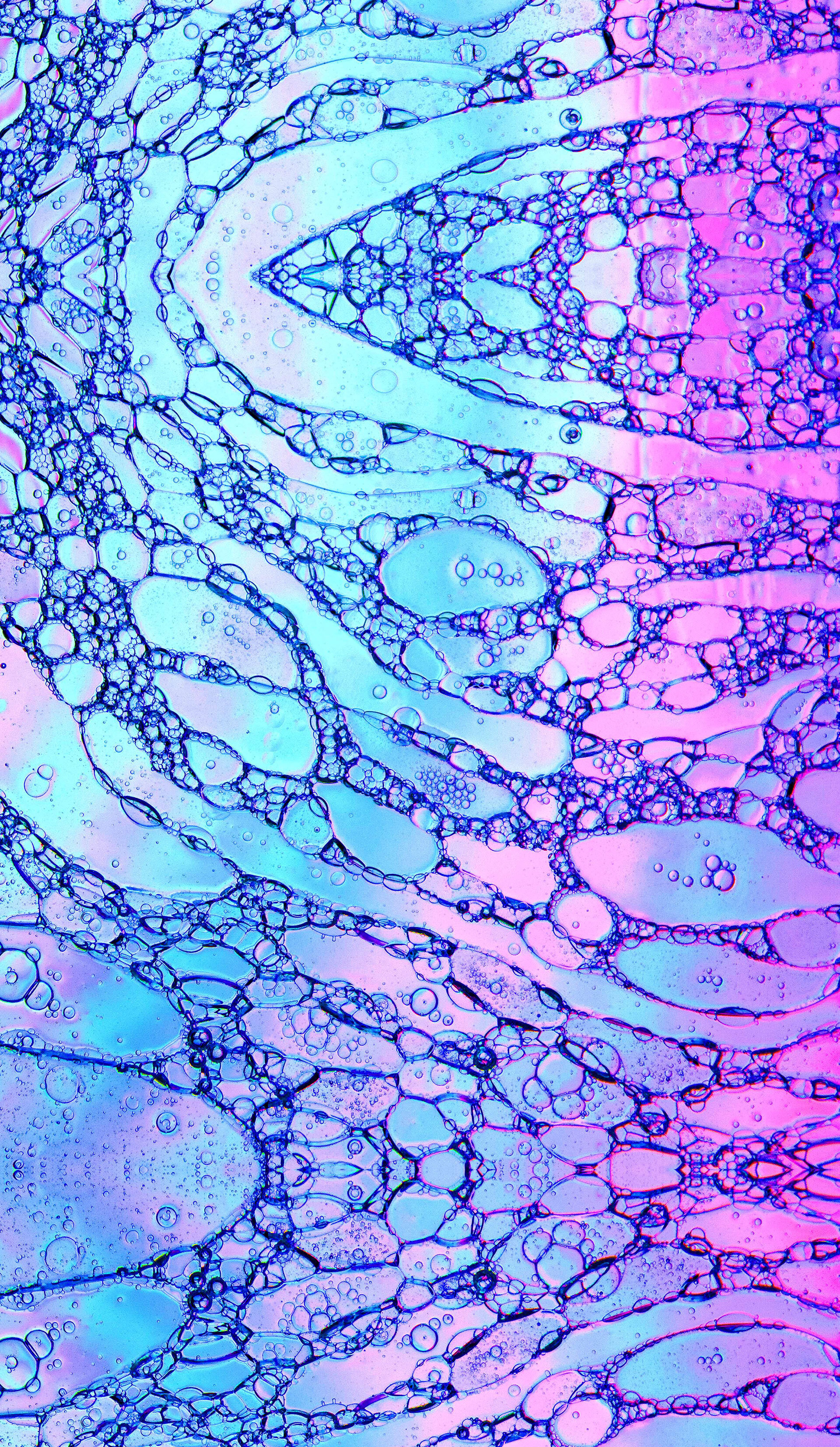
We’re changing how life insurance companies underwrite and sell their products with a proven technology platform driven by molecular biotechnology.

of epigenetics
The epigenetic clock measures biological aging in a unique way. Studies have shown that individuals who have faster epigenetic clocks are aging faster biologically and, subsequently, are at greater risk for all-cause mortality. [1]
Epigenetic measurements also provide insights into how and why we age, making them an important new tool in longevity research.
[1] Lu et al. Aging (Albany NY). 2019 Jan 31; 11(2): 303–327.
What exactly is epigenetics?
DNA is your genetic code.
Epigenetics is the expression of that code.

Next-gen science and technology
Epigenetic technology has been proven to provide health, lifestyle, and longevity insights that have never before been accessible to humans—from just a single saliva sample.
As pioneers in the development and integration of epigenetic biomarkers into state-of-the-art underwriting protocols and consumer engagement tools, FOXO is using next-generation technology to transform human health and longevity.
Epigenetic clocks developed in the Horvath Lab at UCLA are exclusively licensed by FOXO for use in actuarial predictive modeling and underwriting.
Mortality predictor EEAA
The Mortality Predictor EEAA estimates biological aging based on methylation patterns in humans. It was developed by assessing blood to predict all-cause mortality in 13 different cohorts for a total sample size of 13,089 individuals in different racial and ethnic groups.
PhenoAge
PhenoAge is a new epigenetic biomarker of aging that measures healthspan in regard to predictions for a variety of aging outcomes, including cancers, healthspan, physical functioning, and Alzheimer’s disease.
GrimAge
GrimAge is a measure of epigenetic age, acceleration of aging, that strongly measures all-cause mortality. Using large scale validation data from thousands of individuals, GrimAge demonstrates striking accuracy among existing epigenetic clocks.

Proprietary epigenetic biomarkers
Automated machine learning examines thousands of models to find patterns of DNA methylation (i.e., epigenetic biomarkers) that measure health and wellness for underwriting and consumer engagement.


Case study: smoking impact on twins
Identical twins share the same genes, but they can experience vastly different health outcomes based on lifestyle factors like smoking.
Epigenetic biomarkers can identify smokers at the same level of accuracy as the industry standard cotinine tests. FOXO’s smoking biomarker also identifies regular smokers who stop smoking for several days prior to testing, protecting carriers against insurance fraud.
